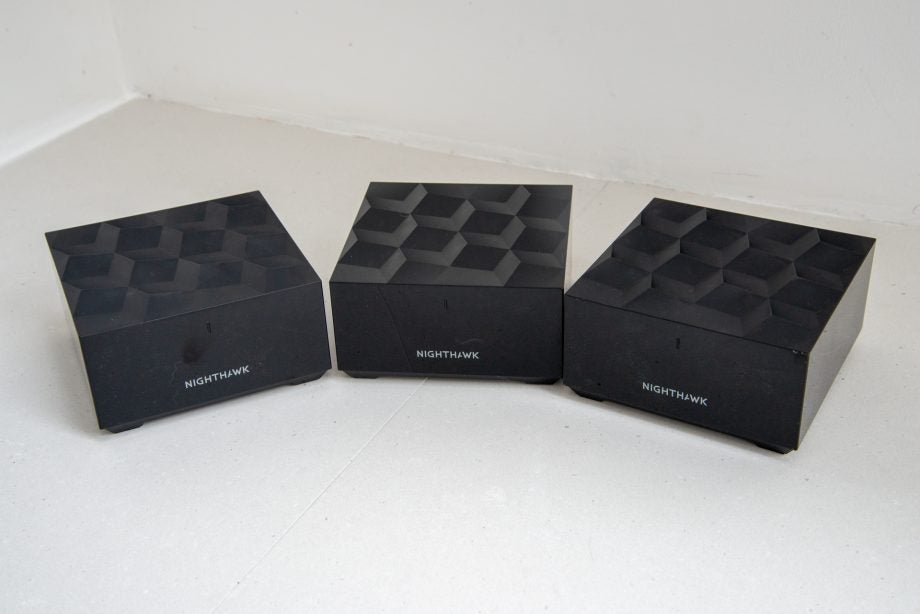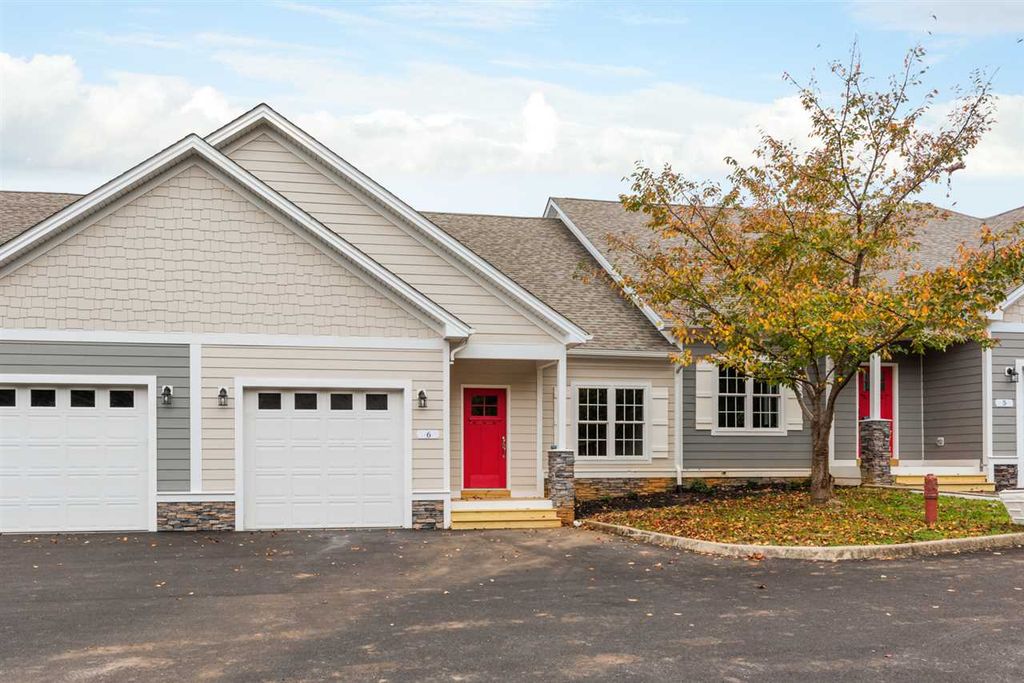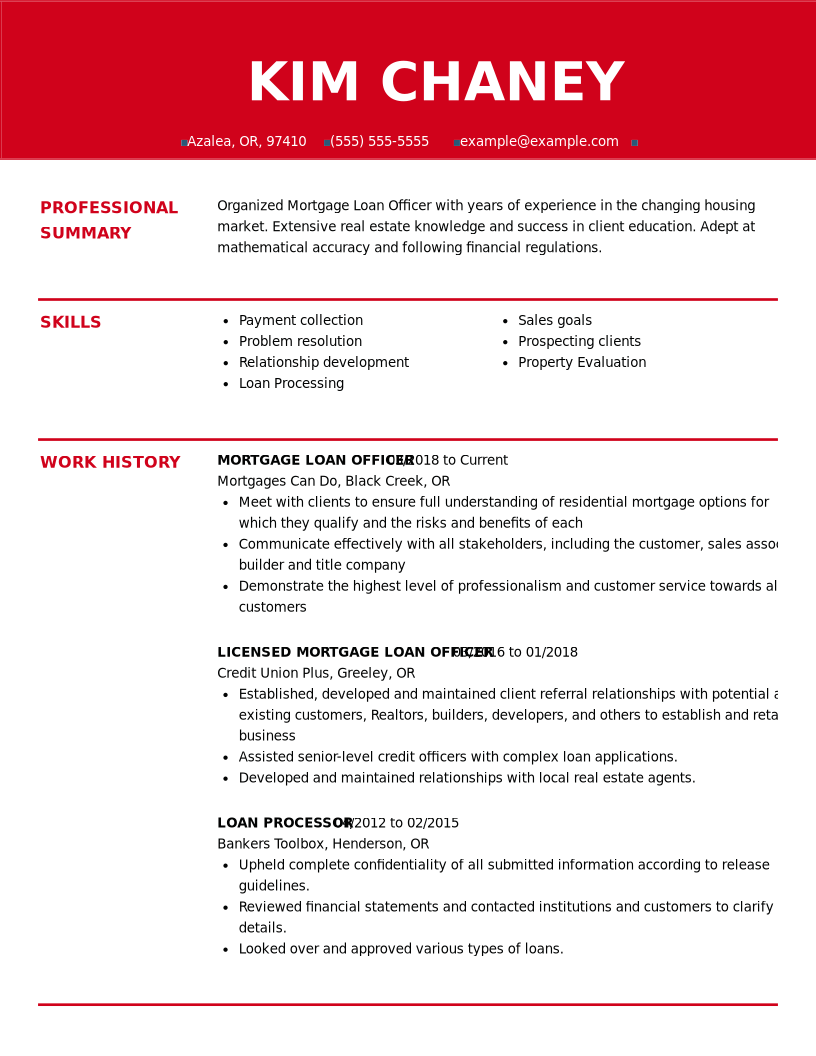Table of Content
About one in three across partisan groups say the outcome of Prop 27 is very important to them. Fewer than half across partisan groups say the outcome of Prop 30 is very important to them. Rachel Lawler is a survey analyst at the Public Policy Institute of California, where she works with the statewide survey team. Prior to joining PPIC, she was a client manager in Kantar Millward Brown’s Dublin, Ireland office. In that role, she led and contributed to a variety of quantitative and qualitative studies for both government and corporate clients. She holds an MA in American politics and foreign policy from the University College Dublin and a BA in political science from Chapman University.
The share supporting the reelection of the governor was similar a month ago (58% Newsom, 31% Dahle). Today, Newsom enjoys the support of most Democrats (91%), while most Republicans (86%) support Dahle; Newsom has an edge over Dahle among independent likely voters (47% Newsom, 37% Dahle). Across the state’s regions, two in three in the San Francisco Bay Area and Los Angeles support Newsom, as do nearly half in the Inland Empire and Orange/San Diego; likely voters in the Central Valley are split. Newsom leads in all demographic groups, with the exception of men (45% Newsom, 44% Dahle) and those with a high school diploma only (46% Newsom, 49% Dahle). The share supporting Newsom grows as educational attainment increases (46% high school only, 56% some college, 60% college graduates), while it decreases with rising income (64% less than $40,000, 56% $40,000 to $79,999, 52% $80,000 or more). Californians are much more pessimistic about the direction of the country than they are about the direction of the state.
Original Smart Dimmer Switch for ELV+ Lighting
Satisfaction was higher in our February survey when 53 percent of adults and 48 percent of likely voters were satisfied with democracy in America. Today, half of Democrats and about four in ten independents are satisfied, compared to about one in five Republicans. Across regions, half of residents in the San Francisco Bay Area (52%) and the Inland Empire (50%) are satisfied, compared to fewer elsewhere.

Solid majorities of adults (62%) and likely voters (71%) say the United States is going in the wrong direction, and majorities have held this view since September 2021. One in three or fewer adults (33%) and likely voters (25%) think the country is going in the right direction. Majorities across all demographic groups and partisan groups, as well as across regions, are pessimistic about the direction of the United States. Findings in this report are based on a survey of 1,715 California adult residents, including 1,263 interviewed on cell phones and 452 interviewed on landline telephones.
NEWS
Shares expressing satisfaction have increased somewhat from a month ago (53%) and were similar prior to the 2018 gubernatorial election (60% October 2018). Today, a solid majority of Democrats (79%) and independents (61%) say they are satisfied, compared to fewer than half of Republicans (44%). Majorities across demographic groups say they are satisfied, and notably, women (68%) are more likely than men (56%) to say this. Majorities across the state’s regions say they are satisfied with their choices of candidates in the upcoming gubernatorial election. Democratic incumbent Gavin Newsom is ahead of Republican Brian Dahle (55% to 36%) among likely voters, while few say they would not vote, would vote for neither, or don’t know who they would vote for in the governor’s race.
The sample included 569 respondents reached by calling back respondents who had previously completed an interview in PPIC Statewide Surveys in the last six months. This map highlights the five geographic regions for which we present results; these regions account for approximately 90 percent of the state population. Fewer than half of likely voters say the outcome of each of these state propositions is very important to them. Today, 21 percent of likely voters say the outcome of Prop 26 is very important, 31 percent say the outcome of Prop 27 is very important, and 42 percent say the outcome of Prop 30 is very important. The shares saying the outcomes are very important to them have remained similar to a month ago for Prop 27 (29%) and Prop 30 (42%). Today, when it comes to the importance of the outcome of Prop 26, one in four or fewer across partisan groups say it is very important to them.
PPIC Statewide Advisory Committee
In a recent ABC News/Washington Post poll, 24 percent (3% excellent, 21% good) of adults nationwide felt positively about the US economy, while 74 percent (36% not so good, 38% poor) expressed negative views. We present results for non-Hispanic whites, who account for 41 percent of the state’s adult population, and also for Latinos, who account for about a third of the state’s adult population and constitute one of the fastest-growing voter groups. We also present results for non-Hispanic Asian Americans, who make up about 16 percent of the state’s adult population, and non-Hispanic African Americans, who comprise about 6 percent. Results for other racial/ethnic groups—such as Native Americans—are included in the results reported for all adults, registered voters, and likely voters, but sample sizes are not large enough for separate analysis.

“Los Angeles” refers to Los Angeles County, “Inland Empire” refers to Riverside and San Bernardino Counties, and “Orange/San Diego” refers to Orange and San Diego Counties. Residents of other geographic areas are included in the results reported for all adults, registered voters, and likely voters, but sample sizes for these less-populous areas are not large enough to report separately. We also present results for congressional districts currently held by Democrats or Republicans, based on residential zip code and party of the local US House member.
Across demographic groups, fewer than half are satisfied, with the exception of Latinos (56%), those with a high school degree or less (55%), and those making less than $40,000 (53%). In October 2018 before the last midterm election, a similar 53 percent of likely voters were extremely or very enthusiastic about voting for Congress (25% extremely, 28% very, 28% somewhat, 10% not too, 8% not at all). Today, Democrats and Republicans have about equal levels of enthusiasm, while independents are much less likely to be extremely or very enthusiastic. Half or more across regions are at least very enthusiastic, with the exceptions of likely voters in Los Angeles (44%) and the San Francisco Bay Area (43%). A solid majority of likely voters (62%) are satisfied with their choices of candidates in the November 8 election, while about three in ten (32%) are not satisfied.

This is one of the best S22 Ultra deals you'll find out there that doesn't require a trade-in or lock you into a service plan. This survey was supported with funding from the Arjay and Frances F. Miller Foundation and the James Irvine Foundation. Margin of error ±3.9% at 95% confidence level for the total sample, ±5.1% for likely voters.
In September 2020, just before the 2020 general election, Californians were also divided (47% optimistic, 49% pessimistic). Bill 23 is the big, bold housing plan Ontario needs Chances are, you have recently come across ads by the Building Industry and Land Development Association in support of Bill 23, the More Homes Built Faster Act. Currently, it simply takes too long to get building approvals and it is too difficult to add gentle density. On top of that, new home buyers are unfairly burdened with escalating government fees and charges. Research publications reflect the views of the authors and do not necessarily reflect the views of our funders or of the staff, officers, advisory councils, or board of directors of the Public Policy Institute of California. Numerous questions were adapted from national surveys by ABC News/Washington Post, CBS News, NPR/PBS NewsHour/Marist, and the Pew Research Center.
Mark Baldassare is president and CEO of the Public Policy Institute of California, where he holds the Arjay and Frances Fearing Miller Chair in Public Policy. He is a leading expert on public opinion and survey methodology, and has directed the PPIC Statewide Survey since 1998. He is an authority on elections, voter behavior, and political and fiscal reform, and the author of ten books and numerous publications.
Approval of Congress among adults has been below 40 percent for all of 2022 after seeing a brief run above 40 percent for all of 2021. The Public Policy Institute of California is dedicated to informing and improving public policy in California through independent, objective, nonpartisan research. Next, we have a few questions to ask you about some of the propositions on the November ballot. In addition to the lack of satisfaction with the way democracy is working, Californians are divided about whether Americans of different political positions can still come together and work out their differences. Optimism has been similar in more recent years, but has decreased 7 points since we first asked this question in September 2017 (56%).

Majorities across regions and all demographic groups—with the exception of men (49% very important)—say abortion rights are very important when making their choice among candidates for Congress. Landline interviews were conducted using a computer-generated random sample of telephone numbers that ensured that both listed and unlisted numbers were called. Additionally, we utilized a registration-based sample of landline phone numbers for adults who are registered to vote in California. After a household was reached, an adult respondent was randomly chosen for interviewing using the “last birthday method” to avoid biases in age and gender. With all 80 state assembly positions and half of state senate seats up for election, fewer than half of adults (49%) and likely voters (43%) approve of the way that the California Legislature is handling its job.

























